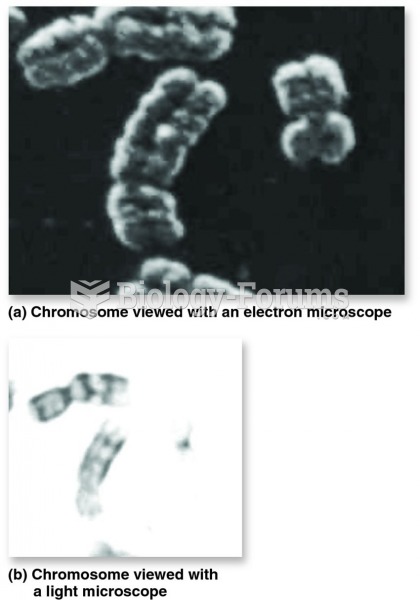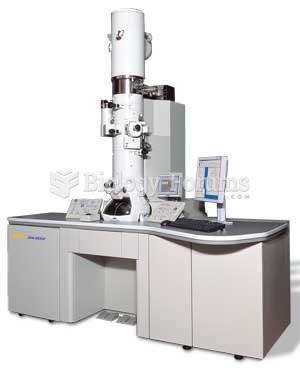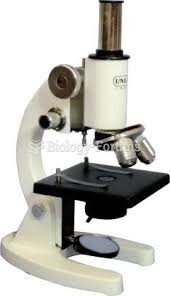|
|
|
Alzheimer's disease affects only about 10% of people older than 65 years of age. Most forms of decreased mental function and dementia are caused by disuse (letting the mind get lazy).
Inotropic therapy does not have a role in the treatment of most heart failure patients. These drugs can make patients feel and function better but usually do not lengthen the predicted length of their lives.
Sperm cells are so tiny that 400 to 500 million (400,000,000–500,000,000) of them fit onto 1 tsp.
Most childhood vaccines are 90–99% effective in preventing disease. Side effects are rarely serious.
The term bacteria was devised in the 19th century by German biologist Ferdinand Cohn. He based it on the Greek word "bakterion" meaning a small rod or staff. Cohn is considered to be the father of modern bacteriology.
 Volvulus. A length of small intestine has twisted around itself, cutting off blood circulation to th
Volvulus. A length of small intestine has twisted around itself, cutting off blood circulation to th
 Cataract. When the pupil is dilated, an abnormal opacity or whiteness of the lens can be observed in
Cataract. When the pupil is dilated, an abnormal opacity or whiteness of the lens can be observed in





